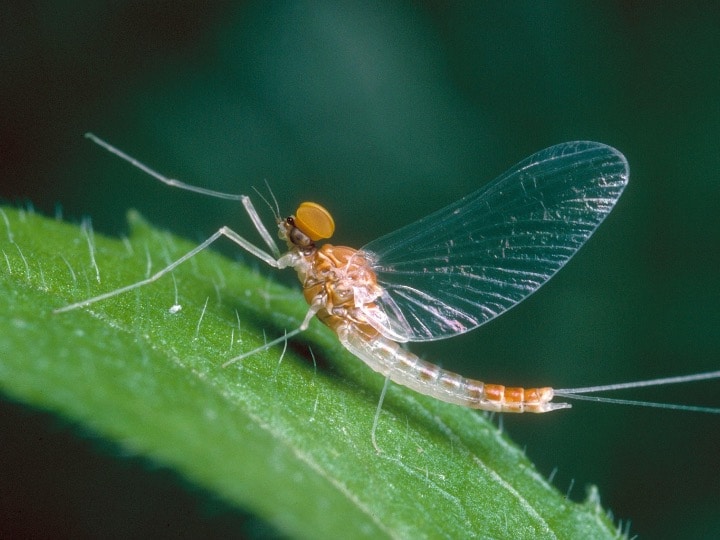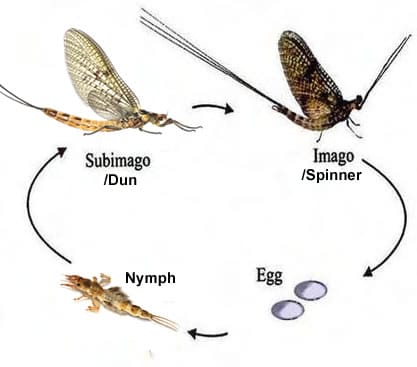The average lifespan of an adult mayfly is about 24 hours in its lifetime the mayfly will take flight mate lay eggs and die it s the shortest lived animal in the world

The Remarkable Mayfly: A Fleeting Journey of Life

Did you know that the average lifespan of an adult Mayfly is about 24 hours? That’s right, within a single day, this fascinating creature goes through a complete cycle of life, making it the shortest-lived animal in the world. Despite its brief existence, the Mayfly manages to accomplish incredible feats before its inevitable demise.
A Transient Existence
The Mayfly, scientifically known as Ephemeroptera, derives its name from the Greek words “ephemeros” meaning “lasting a day” and “ptera” meaning “wings.” With over 3,000 known species, these delicate insects can be found worldwide, with many residing near freshwater bodies such as rivers and lakes. Their fleeting lifespan is primarily a result of their unique reproductive strategy.
A Day in the Life of a Mayfly

Upon reaching adulthood, the Mayfly takes flight to find a mate. The males showcase their flying skills, performing graceful aerial displays to attract females. Once pairs have formed, they engage in a mesmerizing dance in the sky. During this brief union, the female mayflies lay their eggs directly onto the water’s surface or nearby vegetation.
The eggs then sink or adhere to the submerged surfaces. After a short period, these eggs hatch into nymphs, which spend the majority of their lives underwater, often hidden within the mud or vegetation. These nymphs endure various stages of growth, feeding on algae and other organic matter in the water.
Finally, after months or even years of development, the nymphs emerge from the water, leaving behind their aquatic habitat. This transformation marks the commencement of their adult stage, where they possess delicate wings and a lifespan that will last mere hours.
The Swift End
Once the Mayflies take to the air, their main focus is to ensure the continuation of their species. With a limited amount of time, they have to swiftly find a partner, mate, and complete their reproductive duties. The males gather in large swarms and synchronize their movements, trying to locate females for successful mating.
After fertilization, the female mayflies, burdened with the weight of their eggs, may rapidly descend to the water’s surface to lay them. This act is often fraught with danger, as predators eagerly await this grand feast. This sacrifice ensures the survival of future generations at the expense of their own lives.
The Ecological Impact
Although their existence may be short-lived, Mayflies play a vital role in the ecosystem. Their nymphs serve as indicators of water quality, as they are sensitive to pollution and changes in the surrounding environment. Additionally, as adults, their brief yet abundant presence provides a valuable source of sustenance for other organisms such as birds, bats, and fish.
In Conclusion
The Mayfly’s lifespan may be ephemeral, but its impact on the natural world is far-reaching. This intriguing insect has evolved a remarkable life cycle, allowing it to adapt to various environments. Though their time on Earth may be fleeting, Mayflies exemplify the beauty and resilience of nature.
Source: Wikipedia
Tags
Share
Related Posts
Quick Links
Legal Stuff

